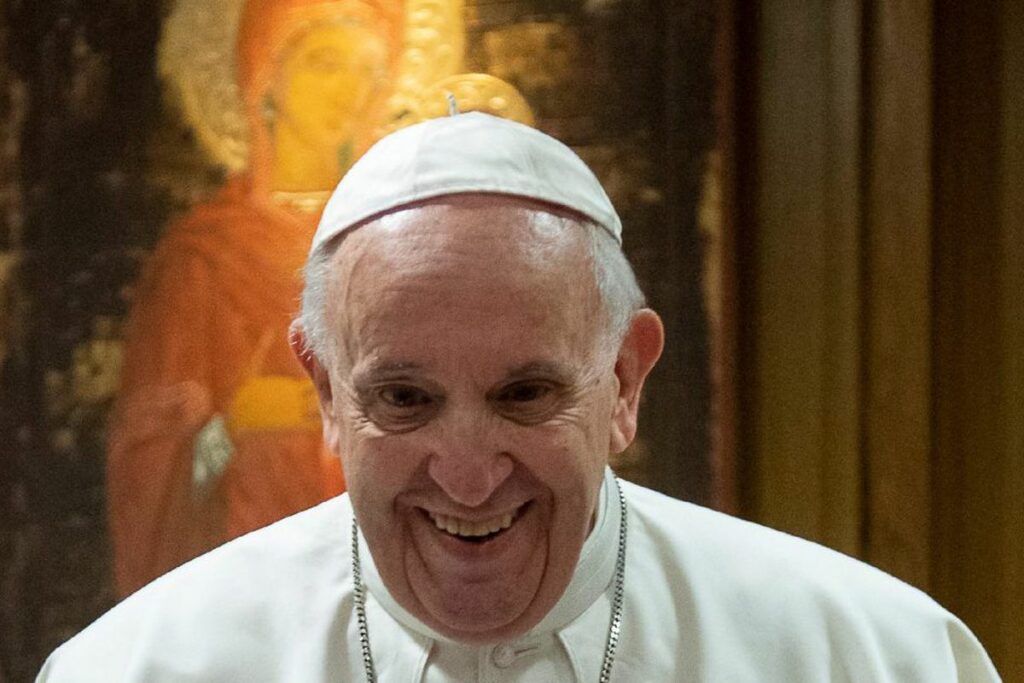
Attacking ‘fundamentalists’ seems to be all the rage these days. From yesterday’s Dividing Line program with James White to Beth Moore’s frequent barbs, being a fundamentalist sure seems like a major faux pas. Even the Pope of Rome is joining those on both the left and right who think fundamentalism is a bad thing.
Pope Francis made the remarks against fundamentalists in the same speech in which he praised the LGBTQ, as though he and Beth Moore share a speech writer (Beth claimed earlier in the year that anyone who will call homosexuality is a sin is a “hyper-fundamentalist.”).
In the November 18 speech, Francis lambasted “fundamentalist” Roman Catholics, probably referring to the types that affirm traditional Catholic dogma and oppose the church’s liberalization like those behind Lifesite News, the Lepanto Institute, and Church Militant. These groups, and others like them, are a thorn in Francis’ side, constantly remind him and other Catholics of the vast departures the Pope is making on what is considered Roman Catholic orthodoxy. The word for Francis would simply be better off without them.
Beware of the fundamentalist groups: everyone has his own. In Argentina too there is a little fundamentalist corner. And let us try, with fraternity, to go forward. Fundamentalism is a scourge and all religions have some kind of fundamentalist first cousin there, which forms a group.
After bashing fundamentalism, the Pope went on to push a one-world government and total ecumenism:
Religions, in particular, cannot renounce the urgent task of building bridges between peoples and cultures. The time has come when religions should more actively exert themselves, with courage and audacity, and without pretence, to help the human family deepen the capacity for reconciliation, the vision of hope and the concrete paths of peace. Our religious traditions are a necessary source of inspiration to foster a culture of encounter. It is fundamental for there to be interreligious cooperation, based on the promotion of sincere and respectful dialogue that goes towards unity without confusion, maintaining identities. But a unity that transcends the mere political pact.”
Indeed, it does seem to be the “fundamentalists” who are in the way of globalism and ecumenism.
Fundamentalism, at its core, is unwavering. It is considered stodgy, out-dated, expired, old-fashioned. Those who desire change – radical change – will always hate those with fundamentalist tendencies who are usually seen as ‘holding back progress.’
Time has demonstrated, however, that rarely is it progress.











